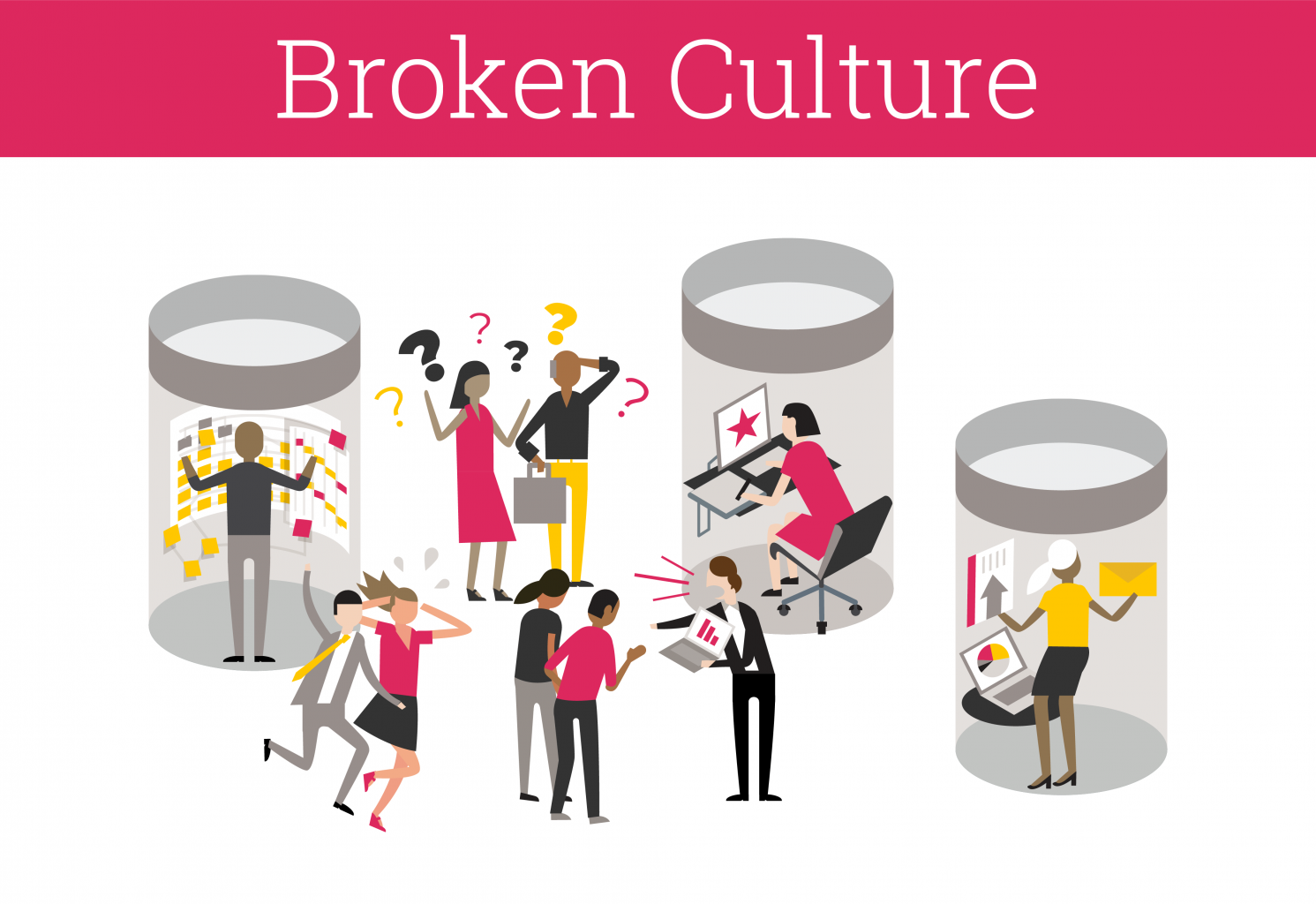Too few operationally-minded people truly understand the value (and power) that organizational culture brings to helping them achieve their metrics.
The daily priorities for most organizational leaders and managers look something like this:
- Key Metrics (Sales, Revenue, Delivery, Customer Satisfaction, etc.)
- Strategic Initiatives
- Tactical Initiatives
- Day-to-Day Firefights
- People and Culture
This is especially true for operationally-focused people. And I sympathize. Numbers are easy to measure, and they make sense. It’s much easier to say, “Let’s go! We’ve got targets! We’ve got deadlines!” People on the other hand–or rather their behaviors, feelings, and opinions–feel like obstacles to execution.
Here’s the thing: A company’s culture is its operating system. Everything that happens runs on it. And we’ve all used old computers: they’re slow and sluggish while new computers are fast and agile. The same is true for companies.
“Your company’s culture is its operating system”. –Dave Gray, XPLANE Founder
Consider the following scenario. On the left and right are the same company facing the same challenge: meeting a customer deadline for a large and important order. The difference is their organizational cultures.
Company A with a BROKEN Culture
Company A with a HEALTHY Culture


- Leaders demand results, question failures, and search for people to scapegoat
- Managers micro-manage, do not listen to their team’s problems and solutions, and in-fight with other managers
- Delivery Teams work in silos, feel frustrated with broken processes, and have started blaming each other for what will be another late delivery
- In general, people are unhappy. They’ve stopped taking responsibility and are backing away from the task to avoid blame
- The Customer is angry because their deadline was missed, and the sales team is forced to offer a discount resulting in a loss of revenue and trust in the delivery team—who are still fighting over what happened and why
- Leaders ensure teams are supported and embrace mistakes as opportunities for improvement
- Managers listen to their teams, empower them, and collaborate with other managers to ensure barriers to success are cleared
- Delivery Teams work cross-functionally with trust and transparency, and find ways to fix the process with short- and long-term solutions to ensure an on-time delivery
- In general, people are happy—they take accountability, and learn from successes and failures for continuous improvement
- The Customer is happy because their order is on time and as-expected. They inquire about a larger order for next quarter and the sales team hosts a thank you party for the delivery team where everyone shares in the success.
This scenario may not match your company’s operation exactly, but the behaviors are likely familiar—even with your own variations on the themes. What gets organizations through challenges successfully (or not), is its people and the culture in which they work. A strong organizational (operational) culture is the key to achieving more of the sum of your parts.
Still not sure about culture’s place in an operational world? After 25+ years working with clients, we can say with confidence that:
- Process improvement projects are also culture improvement projects
- Strategy activation projects are also culture change projects
- Customer experience projects are also culture alignment projects
The same is true for capability development, digital transformation, mergers, new products and services, new functions, and so on and so forth
Culture is operational.
Culture is operational because it directly impacts your organization’s ability to execute (or not). If you want to execute more, better, and with greater ease—create a great culture. Your people will thank you and then take care of the rest.
How can you do this?
It is 100% possible to design and implement the organizational culture you want to have. We know because we’ve done it many times across a multitude of companies. Give us a shout to talk about how we can help you.
